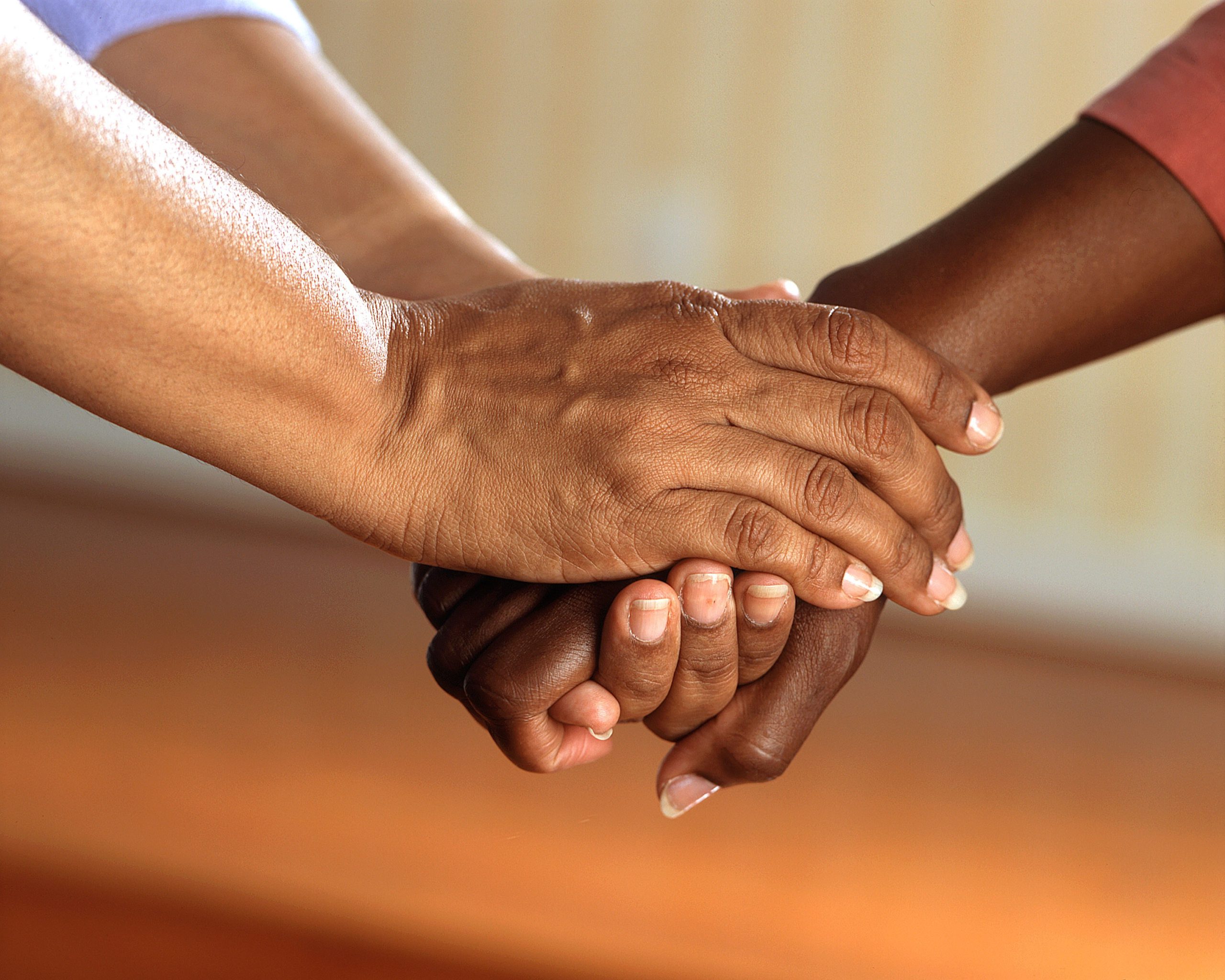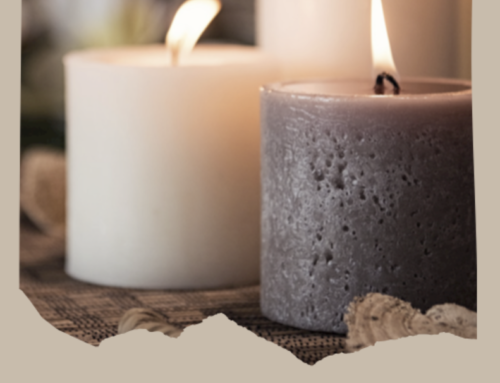Exploring the Role of End-of-Life Doulas:
When families dealing with end-of-life care confront the inevitable reality of mortality, the presence of an end-of-life doula can offer immense comfort and assistance.
Commonly known as death doulas or end-of-life coaches, these compassionate individuals can provide an invaluable support service to those navigating the final stages of life.
In this article, we delve into the role of an end-of-life doula, shedding light on their significance in bereavement services, the hospice environment and palliative care.
What is an End-of-Life Doula?
An end-of-life doula is a trained professional who offers emotional, practical, and spiritual guidance to individuals and their families during the dying process. They provide holistic support, tailoring their services to meet the unique needs and desires of those they are supporting. The primary objective of an end-of-life doula is to ensure that the individual’s journey towards death is as comfortable, dignified, and meaningful as possible.
What is the role of an End-of-Life Doula?
At the core of their role, end-of-life doulas provide compassionate companionship to those facing death. They listen, empathise and offer comfort during this vulnerable time. Whether engaging in meaningful conversations, facilitating therapeutic activities, or simply being a sounding board, end-of-life doulas offer unwavering support for individuals and families to find solace and closure.
What is their contribution in hospice and palliative care?
Within hospice and palliative care settings, end-of-life doulas collaborate with healthcare professionals to ensure comprehensive support for patients. They provide companionship, comfort and practical assistance to both patients and their families. From aiding with pain management to facilitating meaningful rituals and conversations, end-of-life doulas work alongside medical teams to enhance the quality of life during a person’s final stages.
How do they assist in end-of-life planning?
End-of-life doulas also assist individuals in navigating stressful and complex end-of-life planning. They facilitate discussions about advanced care directives, preferences for medical interventions, grief counselling and funeral arrangements. By providing information, resources, and guidance, end-of-life doulas empower individuals to make informed choices that align with their values and desires, ensuring a sense of agency and peace of mind.
How do they contribute to bereavement support?
End-of-life doulas can play an important role in bereavement support, not only to the dying person but also to their loved ones. They create a safe space for open conversations about death, helping individuals and families process their emotions, fears, and concerns. By offering companionship, active listening, and non-judgmental support, end-of-life doulas assist in fostering acceptance and healing, both during the dying process and in the aftermath of loss.
Contribution to broader end-of-life care
End-of-life doulas are part of a larger movement aimed at transforming how society approaches death and dying. They advocate for patient-centred care, empowering individuals to make informed decisions about their end-of-life wishes. By raising awareness about the importance of open conversations, advanced care planning, and the significance of emotional and spiritual support, end-of-life doulas can contribute to a more compassionate and inclusive approach to end-of-life care.
Further Reading on End-of-Life Doulas:
eol-doula.uk : What is an end-of-life doula
Marie Curie : What is a death-doula
British Journal of Community Nursing : Being an end-of-life doula





